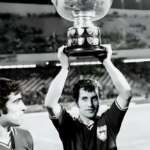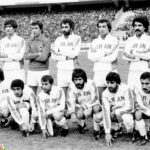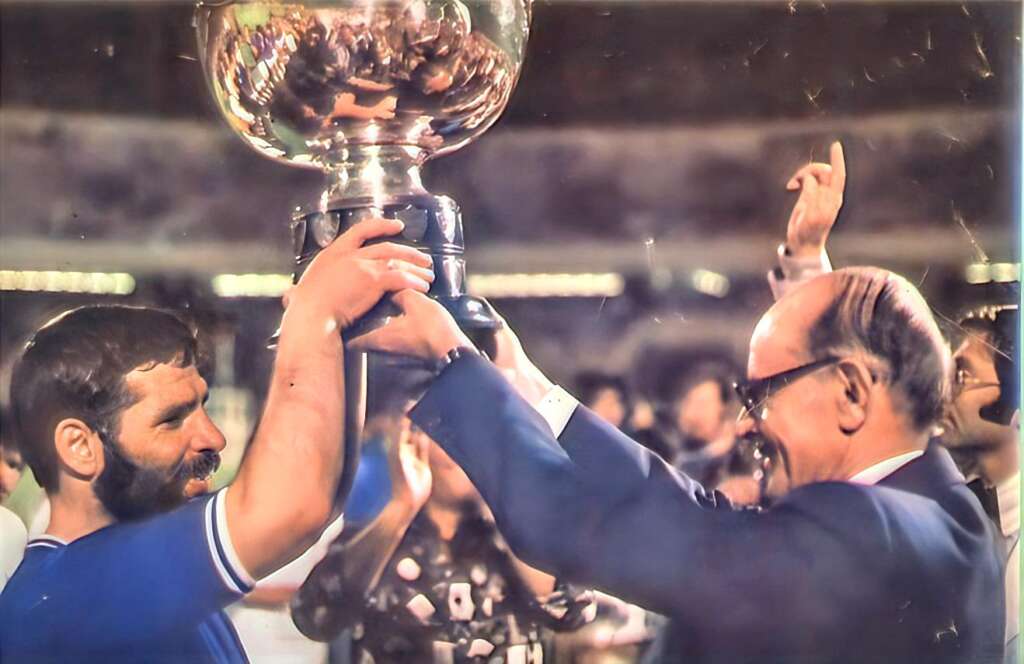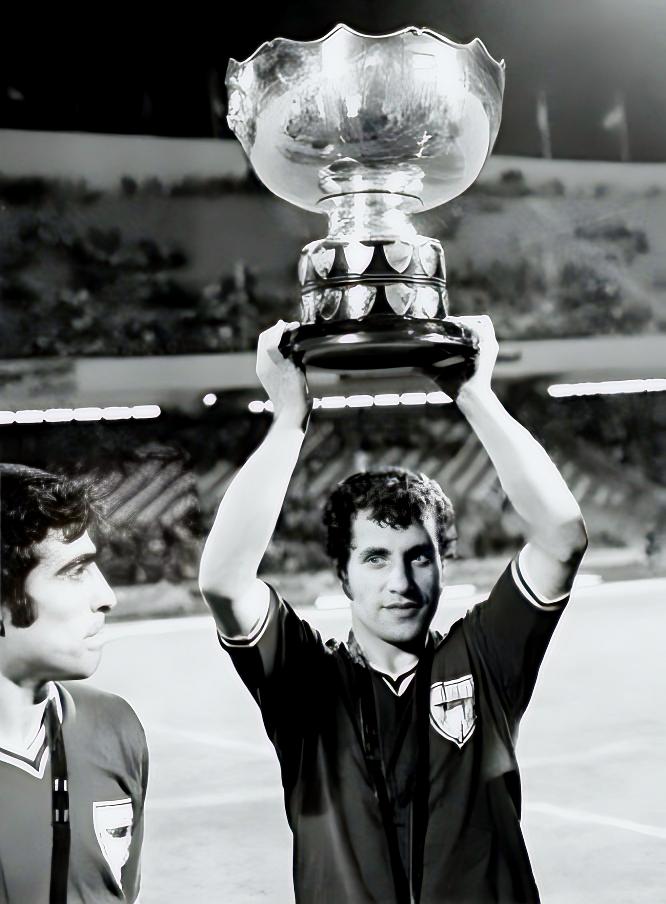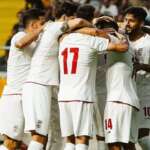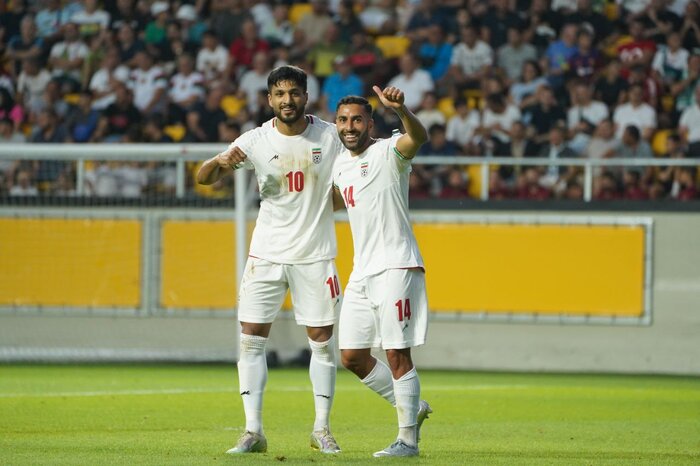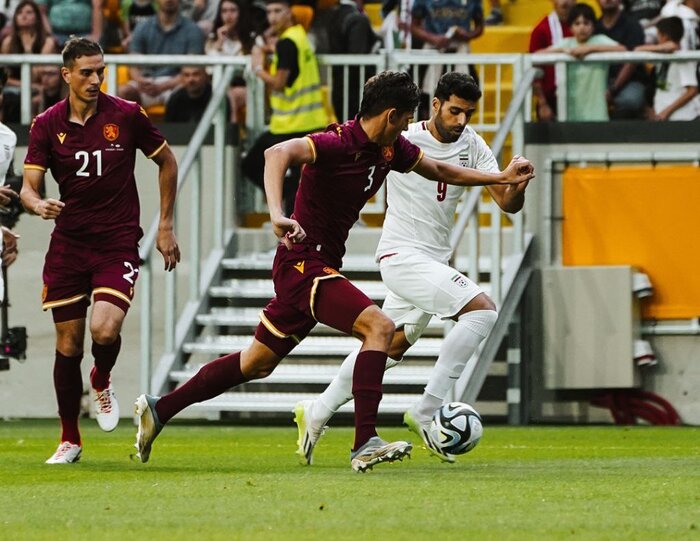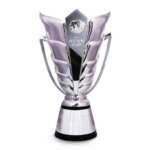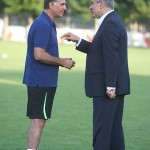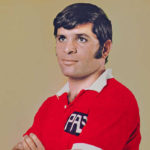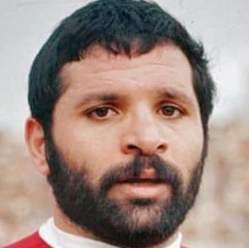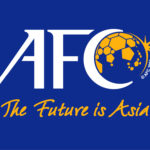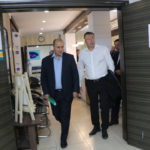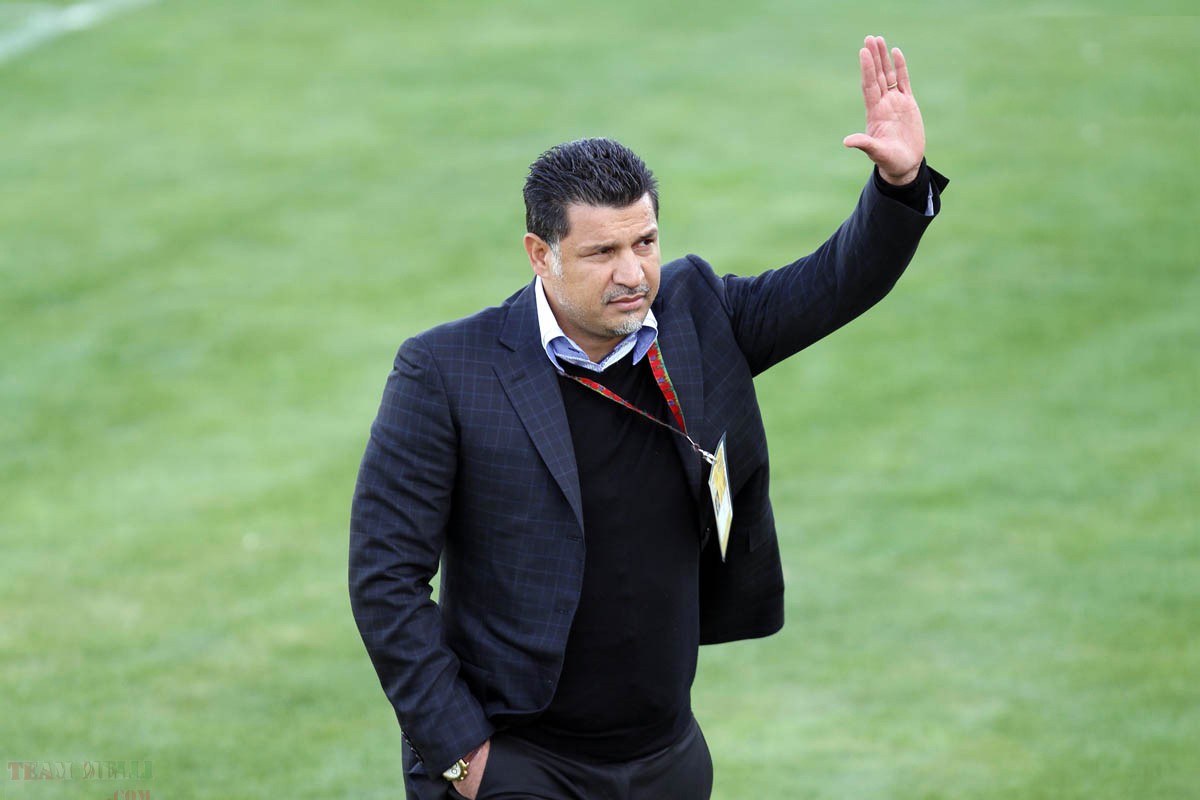- It has been 48 since Team Melli won the Asian Cup
- Omid Team has failed to qualify for the Olympic games since 1980
- The last time Iran won an Asian Title at the Youth level was in 2008
Iranian football’s struggle to clinch championship titles has stretched across 164 years, a lamentable trend that, if left unaddressed, could endure for two centuries. The phrase “Championship in Asia” evokes both sweetness and bitterness for Iranian football enthusiasts, as decades have passed without Iran ascending to the pinnacle of Asian football. Instead, tournaments have been marked by heartbreak and disappointment for fans, with memories of past glory fading into the recesses of their minds. The inability to secure championships across various age categories – from teenagers to seniors – underscores the systemic weaknesses within Iranian football.
The last taste of championship glory for Iran came in 2008 when the junior national team emerged victorious in Asia in Uzbekistan with a thrilling 2-1 triumph over South Korea. Goals from Mohsen Zabat and Kaveh Rezaei etched their names in history, with Rezaei earning the accolade of the tournament’s top goal scorer. However, since that momentous victory, Iranian football has languished without further triumphs at both the national and club levels. Nearly 16 years have elapsed since that memorable achievement, leaving the youth championship in Asia as a distant dream for Iranian football fans.
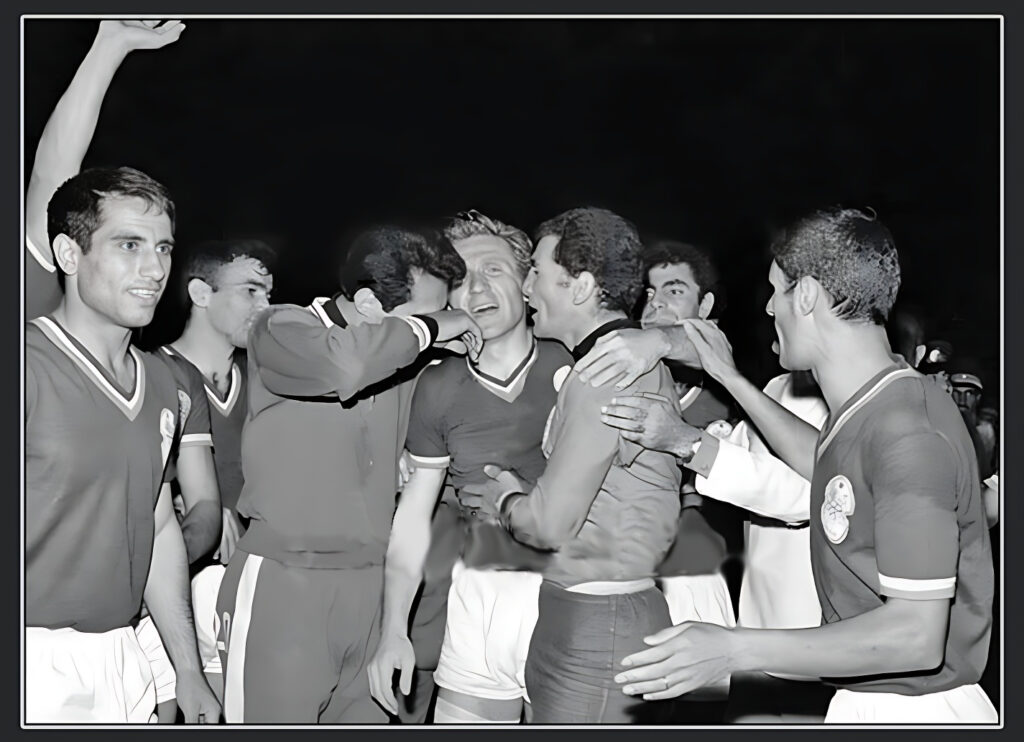
The Omid team, representing Iran on the Olympic stage, stands as a poignant symbol of unfulfilled potential. Despite changes in coaching staff and even the inclusion of foreign expertise, Iran’s quest for Olympic qualification remains elusive. The team’s participation in the 1964, 1972, and 1976 Summer Olympics underscores a long-standing aspiration within Iranian football to compete on the global stage. However, since 1976, Iran’s football faithful have yearned for a return to Olympic glory, with the Omid team’s failure to progress beyond the quarter-finals in the 2016 Asian Championship serving as a stark reminder of the challenges ahead. The team’s lone championship triumph at the 2002 Asian Games remains a distant memory, further accentuating the uphill battle faced by Iranian football.
Iran fields several age-group teams in Asian and international competitions, yet success has remained elusive since the glory days of the 1970s. The U20 team, in particular, has failed to replicate its past triumphs, with the last championship title dating back to 1976. Despite promising showings, such as advancing as the top team from Group B in the recent 2023 AFC U-20 Asian Cup, heartbreaking defeats like the one against Iraq in the quarter-finals continue to haunt Iranian football.
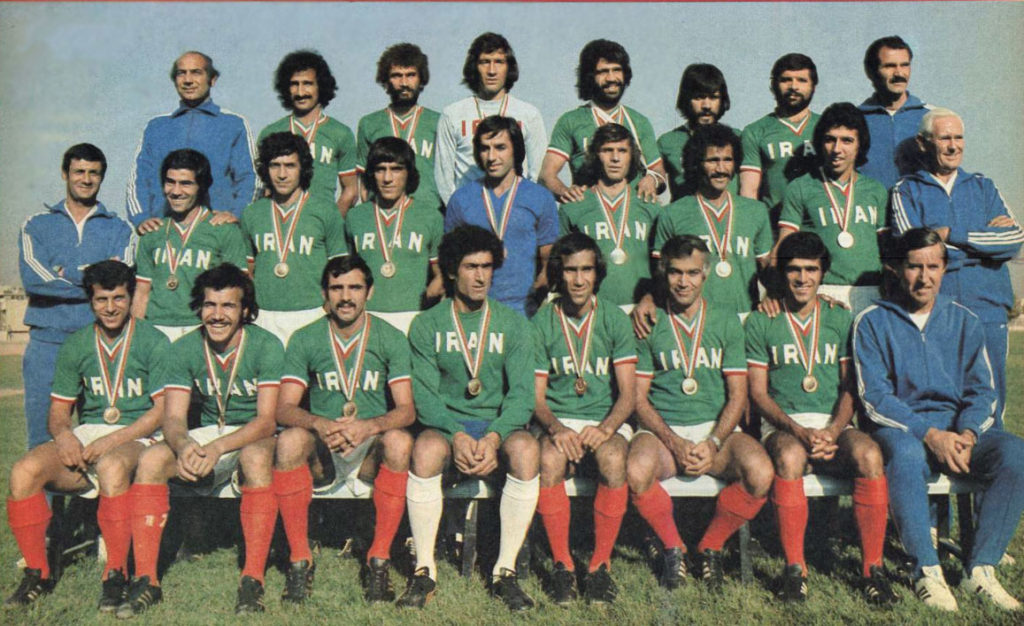
At the heart of Iranian football’s woes lies a complex web of political interference and institutional inertia. Government control over the sport, coupled with the prioritization of regime interests over sporting excellence, has stifled progress and perpetuated corruption. Despite widespread recognition of these issues, meaningful reform remains elusive, with entrenched power structures resistant to change. Until football governance is untangled from political agendas and genuine efforts are made to prioritize the sport’s development, Iranian football will continue to languish in the shadows of its former glory.

